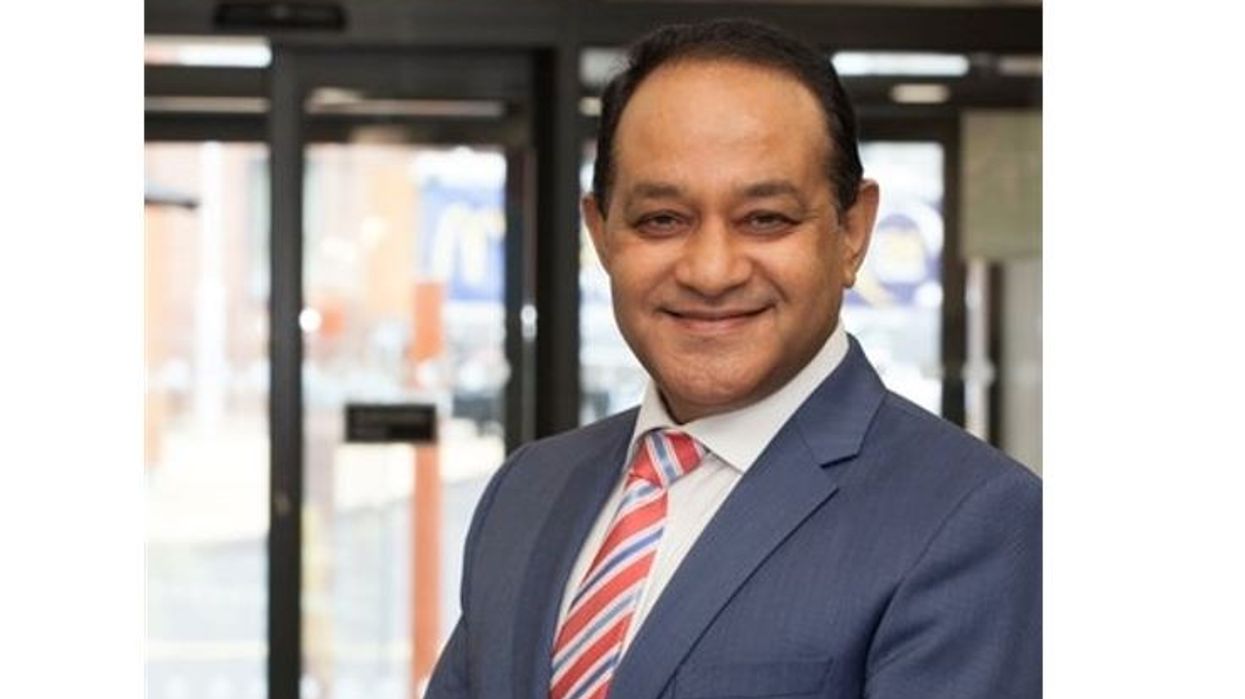ONE of the UK’s most successful franchise entrepreneurs has sold the McDonald's franchisee business after two decades.
British Indian businessman Atul Pathak OBE sold his business in March 2022, he announced on social media.
Pathak has been operating 43 McDonald’s restaurants and employing more than 3,500 staff through his company Appt Corporation for nearly 20 years. The first McDonald’s franchise was opened in 2003, and he ran restaurants across London and Berkshire.
"After nearly 20 years with McDonald's, I have decided to sell my business and move on. It has been a great journey to grow from one restaurant to 43, be the largest franchisee of McDonald’s in the UK and be associated with one of the most iconic brands in the world," Pathak wrote on LinkedIn.
"I am incredibly proud of what I have achieved in the last 20 years, but it’s time to move on. I am ready for the next challenge."
He also thanked his "diverse" team for the success. "Without their hard work and dedication, we would not have been able to reach the heights the business has reached. I will be forever grateful for their loyalty and support," Pathak said.
"I would also like to thank the various communities where my restaurants were based, who allowed me to give something back to the communities and make a small but positive difference. I hope that they all continue to grow and flourish for many years to come."
Pathak was born in India. His father was a coal miner and his mother was a teacher. As a university student, he worked at restaurants in order to pay for his tuition. He studied economics, English and geography and came to the UK in 1984.
According to him, helping young people to gain a practical understanding of the world of work is essential for the future prosperity of the country.
"Through our good relationships with education business partnerships, my staff and I were able to support projects such as the Careers Cluster Project at a number of schools in Ealing and elsewhere," Pathak said.
In 2015, Pathak received his OBE for Service to Entrepreneurship on the Queen’s Birthday Honours List. In 2017, he was named as one of the Leaders of the Decade Creating a Better World for All by the Women Economic Forum.
He has raised and donated over £1 million to various charities in the UK in the last 10 years. His annual project, Atul Pathak Community Awards at the House of Commons, has helped over 40 deserving causes.





